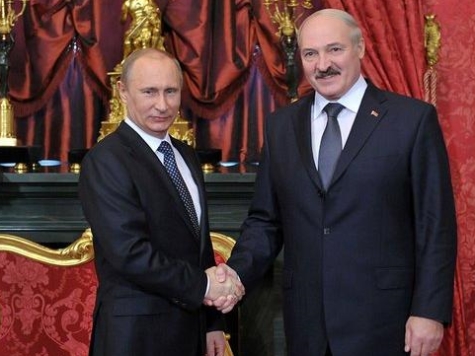
This article was originally published by LSE EUROPP, a blog hosted by the London School of Economics and Political Science on 27 August, 2015.
On 21 August the Central Elections Committee of Belarus announced that five presidential candidates had submitted enough signatures to run in elections scheduled for 11 October this year. In the 2010 presidential elections, the authorities saw the Belarusian opposition as the main threat and crushed protests, putting several presidential candidates in jail. After the recent events in Ukraine the authorities seem to view Russia as a more serious threat although they would not publically admit it.
Belarus only had real elections during a brief period of competitive politics in the early 1990s, prior to the election of current President Alexander Lukashenko in 1994. This is why for many Belarusians, particularly older generations, elections are not an opportunity to change their leadership but something of an old ritual.
